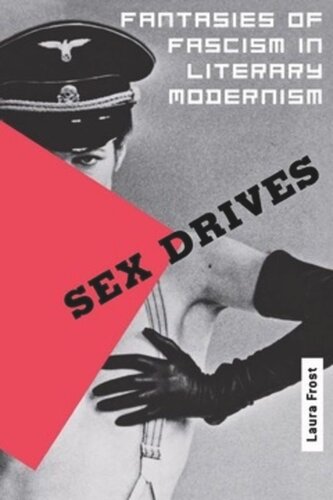

Most ebook files are in PDF format, so you can easily read them using various software such as Foxit Reader or directly on the Google Chrome browser.
Some ebook files are released by publishers in other formats such as .awz, .mobi, .epub, .fb2, etc. You may need to install specific software to read these formats on mobile/PC, such as Calibre.
Please read the tutorial at this link: https://ebookbell.com/faq
We offer FREE conversion to the popular formats you request; however, this may take some time. Therefore, right after payment, please email us, and we will try to provide the service as quickly as possible.
For some exceptional file formats or broken links (if any), please refrain from opening any disputes. Instead, email us first, and we will try to assist within a maximum of 6 hours.
EbookBell Team

5.0
48 reviewsSalvador Dalí's autobiography confesses that "Hitler turned me on in the highest," while Sylvia Plath maintains that "every woman adores a Fascist." Susan Sontag's famous observation that art reveals the seamier side of fascism in bondage, discipline, and sexual deviance would certainly appear to be true in modernist and postwar literary texts. How do we account for eroticized representations of fascism in anti-fascist literature, for sexual desire that escapes the bounds of politics?Laura Frost advances a compelling reading of works by D. H. Lawrence, Virginia Woolf, Jean Genet, Georges Bataille, Marguerite Duras, and Sylvia Plath, paying special attention to undercurrents of enthrallment with tyrants, uniforms, and domination. She argues that the first generation of writers raised within psychoanalytic discourse found in fascism the libidinal unconscious through which to fantasize acts—including sadomasochism and homosexuality—not permitted in a democratic conception of sexuality without power relations. By delineating democracy's investment in a sexually transgressive fascism, an investment that persists to this day, Frost demonstrates how politics enters into fantasy. This provocative and closely-argued book offers both a fresh contribution to modernist literature and a theorization of fantasy.